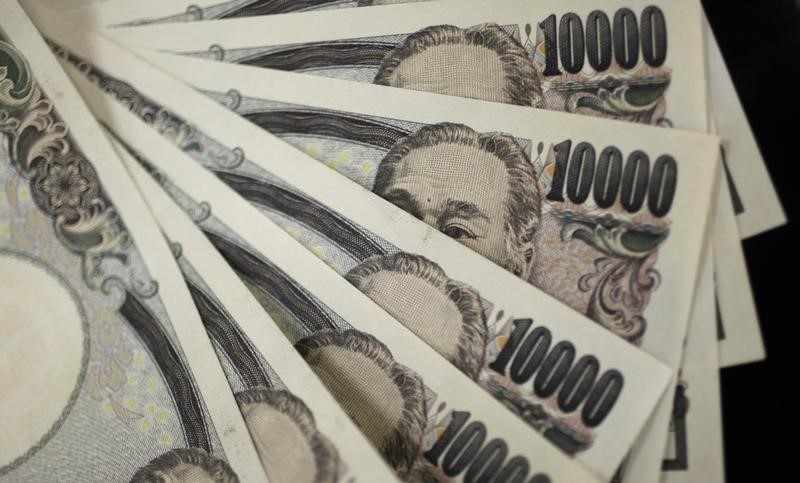Yen Suffers Loss in Value Following Japan’s Elections
The ruling Liberal Democratic Party (LDP) of Japan and its coalition partner Komeito lost their majority in parliament during the elections held over the weekend. Following this development, the yen fell to its lowest level in three months on Monday, declining by 0.9% against the dollar to 153.88. Market analysts believe this situation could indicate further depreciation for the yen.
According to Japanese public broadcaster NHK, the LDP and Komeito secured 215 seats, falling short of the 233 seats required for a majority. Analysts at Goldman Sachs stated that the weakening of the coalition's administrative power could increase pressure for further fiscal expansion. BNY's market strategist, Bob Savage, noted that the next significant level to watch for the USD/JPY pair is 155.
Economic Instability and Market Impacts Banking experts warned that the election results could slow down interest rate hikes in Japan and potentially lead to a new period of political instability. The yen also depreciated against the euro during the Asian session, reaching its lowest level since the end of July. The failure of the LDP has increased the likelihood, in the eyes of investors, that the government may adopt a dovish approach to economic policies.
Economic uncertainties in Japan have reflected differently in the region's stock indices. Although the Nikkei index initially showed a decline, it ended the day with an almost 2% increase. Nomura analyst Yusuke Miyairi indicated that the Bank of Japan would maintain its dovish stance, which could harm the yen. Investors speculate that this situation may adversely affect Japanese stock prices.
Impact on Global Markets The yen's depreciation has also had effects on global markets. The US dollar rose during the Asian session, benefiting from increasing Treasury yields. Analysts say that if the political conditions in Japan do not improve, movement towards the 160 level for the dollar/yen pair could necessitate intervention by the Ministry of Finance. Bart Wakabayashi, head of State Street Tokyo, mentioned that Japan’s political instability could have negative repercussions for the yen in the long term and may result in further changes in prime ministers.
In light of these developments, the Japanese economy continues to be closely monitored on a global scale. The dollar's strong performance and the fragile structure of the Japanese economy remain key points of interest for investors in the short term. It is believed that fluctuations in both Japan and international markets will continue to impact economic and political adjustment processes.


